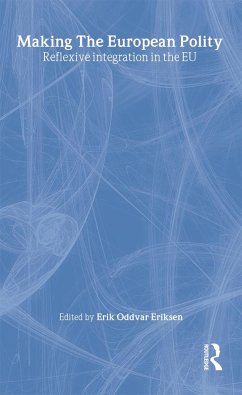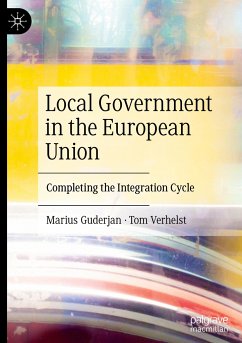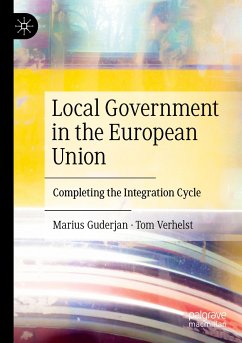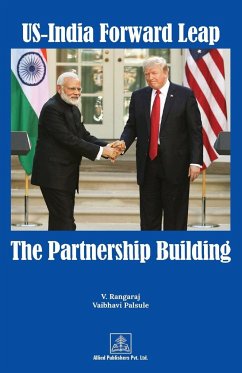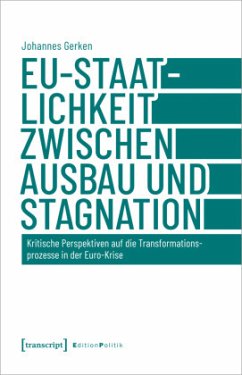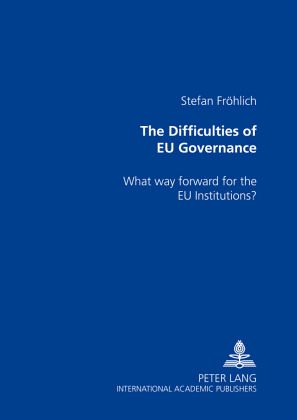
The Difficulties of EU Governance
What way forward for the EU Institutions?
Versandkostenfrei!
Versandfertig in 6-10 Tagen
49,25 €
inkl. MwSt.

PAYBACK Punkte
0 °P sammeln!
The book provides an account of the EU's institutional evolution and the current reform debate. It identifies the challenges in view of imminent enlargement and the launch of the draft Constitution by the Convention on the Future of Europe. Special attention is given to the institutional issues involved in the current round of treaty reform. In light of the Convention's proposals the author concludes that the idea of a dramatic overhaul of the EU system of governance is not realistic. In the years to come it is quite unlikely that the Council machinery could leave all executive functions to th...
The book provides an account of the EU's institutional evolution and the current reform debate. It identifies the challenges in view of imminent enlargement and the launch of the draft Constitution by the Convention on the Future of Europe. Special attention is given to the institutional issues involved in the current round of treaty reform. In light of the Convention's proposals the author concludes that the idea of a dramatic overhaul of the EU system of governance is not realistic. In the years to come it is quite unlikely that the Council machinery could leave all executive functions to the Commission and become only a legislative body - a second house to the present European Parliament. Rather the current tendencies at the European level suggest that there are valid reasons why the Council and notably the European Council could perform the role of a European government.




